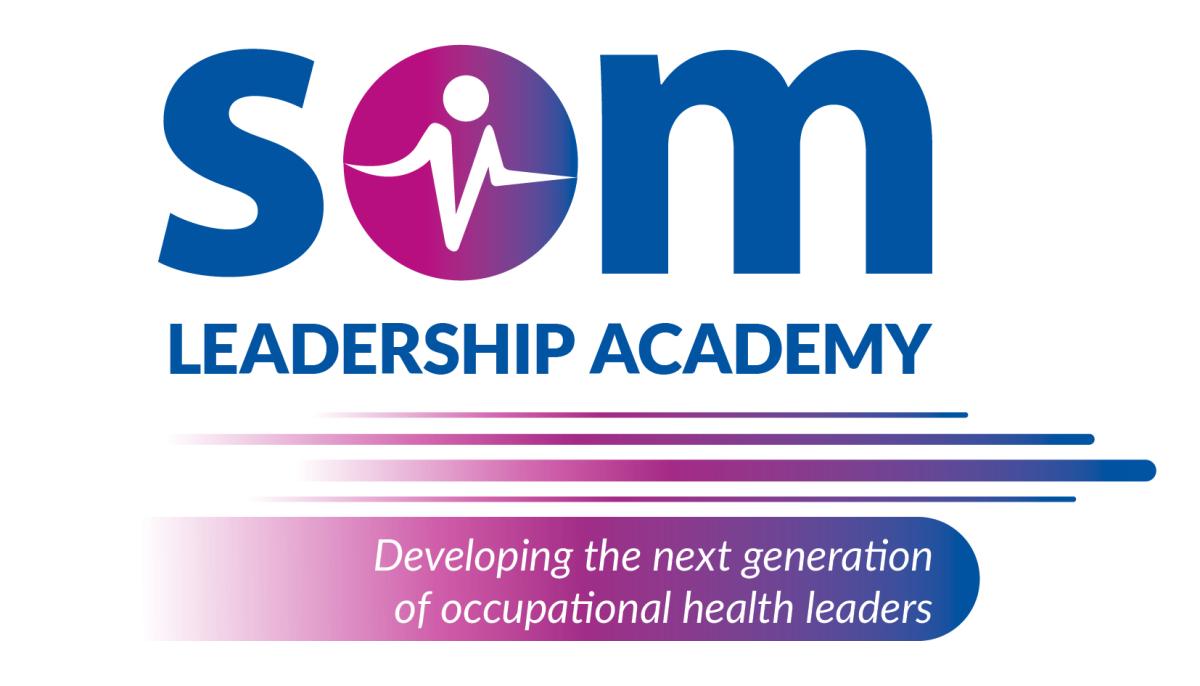Leadership Stories
Chris Terry
How did you get here?
I had no intention of getting into a leadership role. I even actively avoided it. But, after my wife and her sister set up an OH business, I had to join after a few years as it became too busy for them to manage alone. They needed another staff member, and I was able to do most of the tasks that were required. As we employed more people the role evolved naturally.
Can you share some unexpected twists and turns?
As the business grew, we received a more diverse set of requests from our customers. I started to learn about ergonomics and found that I not only enjoyed it as a subject but found that I was good at it. We now have a team dealing with ergonomics in the workplace.
How have you balanced your life outside of work alongside your career?
Initially it was very difficult to do this. There were long periods of time in the early days of business where I’m not really sure how we got through. Coupled with having a young family it was very difficult. My wife had no time off work when she had one of our daughters and was only able to take a few days when I took parental leave from my main job (OHA with a local council) when she had our son. It has remained difficult at times but has been getting easier year by year. We now have a larger team so that reduces stress. It is very easy to lose yourself, it takes discipline and a lot of self-awareness to staff balanced.
What routines or habits contribute to your personal and professional growth?
I enjoy lots of exercise and being outdoors. I have often been involved in adventurous sports (offshore rowing, open water swimming, mountaineering etc.). Practice decision making and remain relaxed when being out of your comfort zone. Engaging in voluntary discomfort is also a great way of making any day seem a little easier (Type 2 fun). Professionally – just do interesting work. Doing it just for the money is not enough to get the best results.
How do you manage balancing short term and long-term needs, goals, and priorities?
It helps to have a clear idea of what you need as opposed to what you want. Do not make emotional decisions and do not be at the mercy of your ego. My main role now is to provide good work/jobs/roles for others not for myself.


